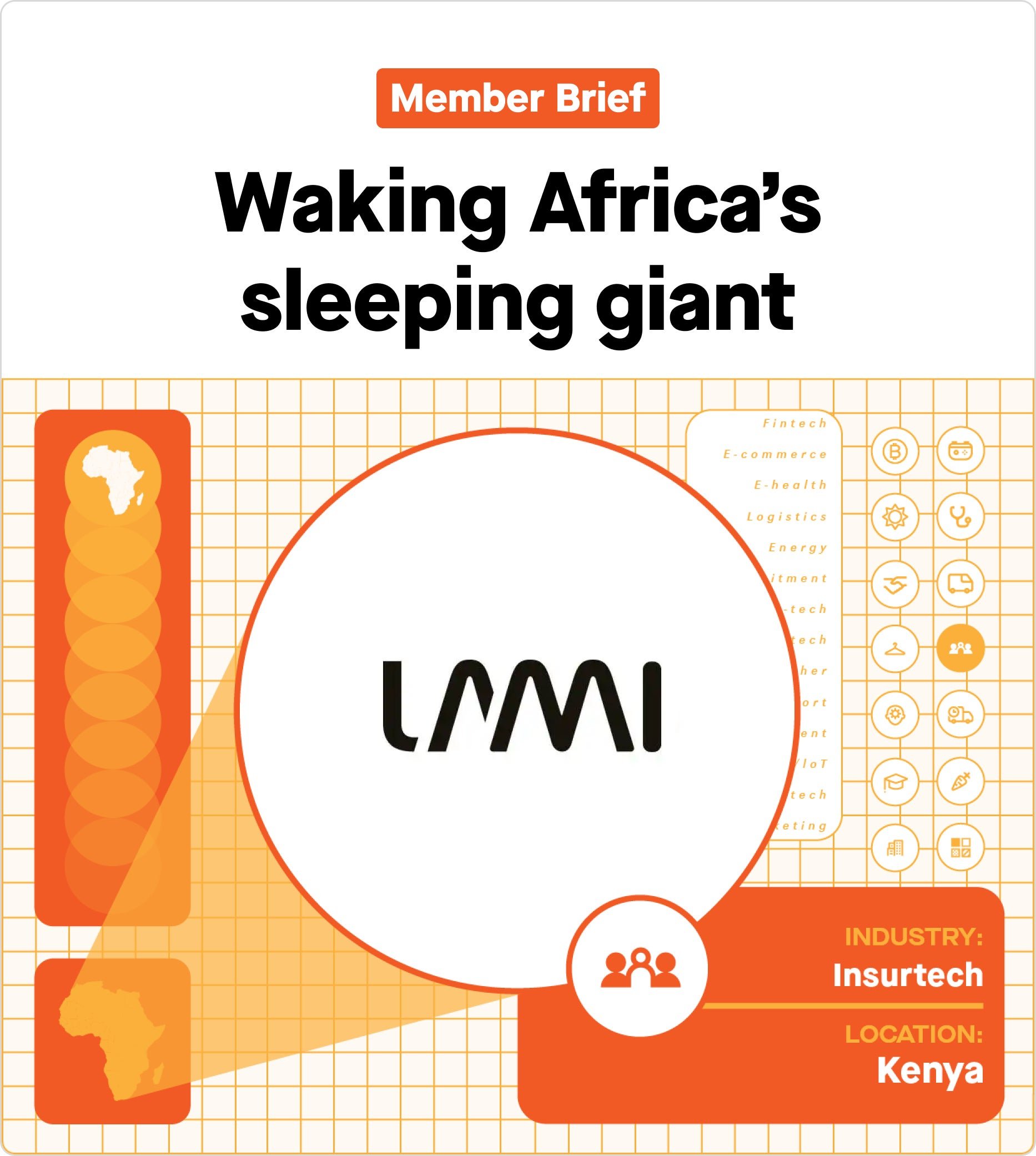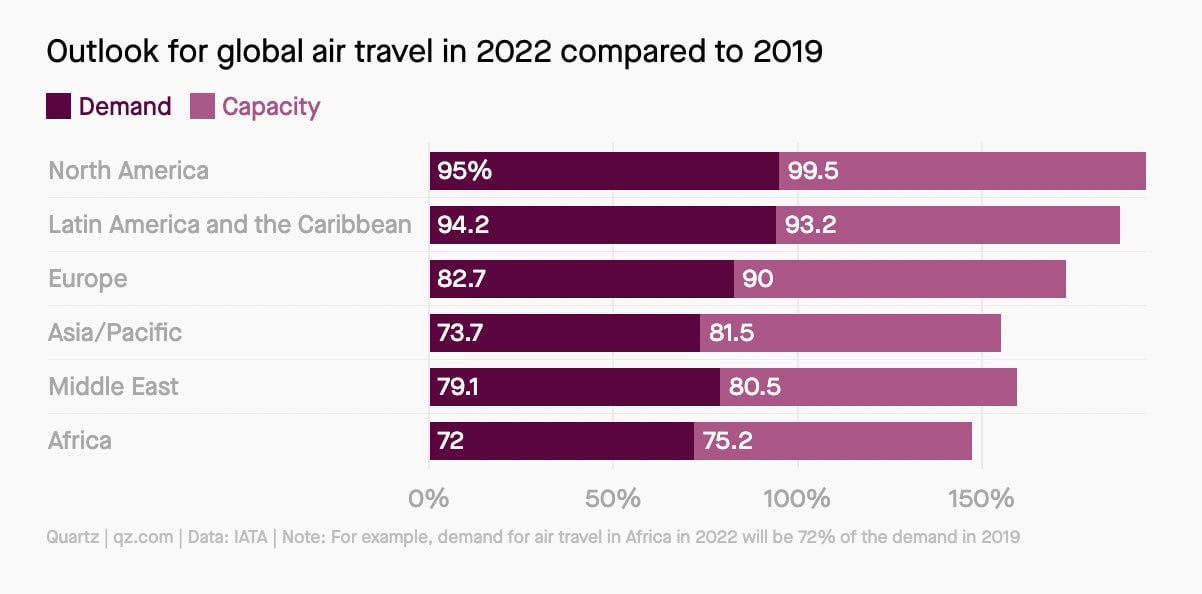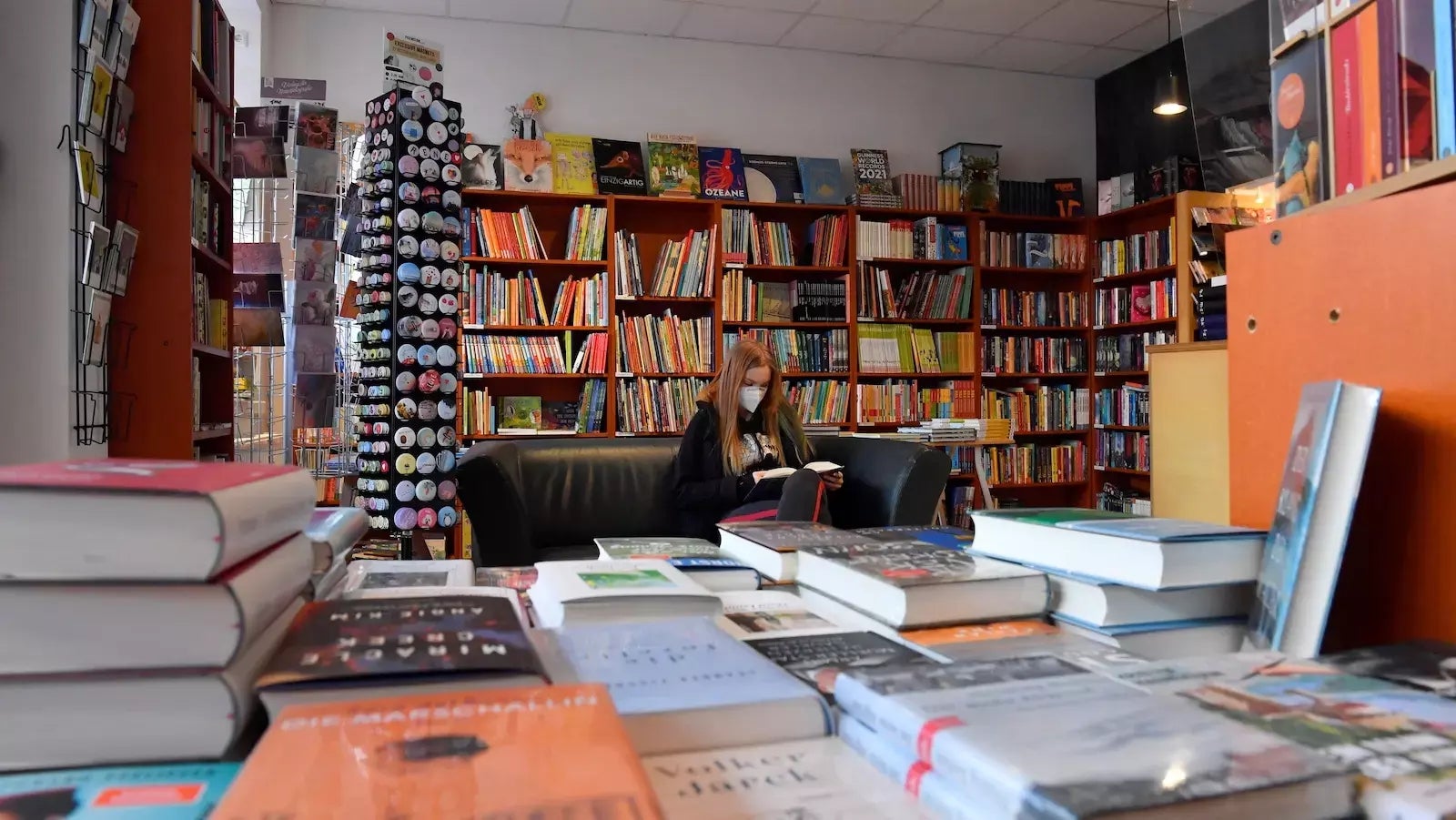Africa’s data rush opportunity
Hi Quartz Africa readers,


Hi Quartz Africa readers,
In the past, a country’s—or even a continent’s—wealth depended on who got to exploit its natural resources. In the 21st century, an internet user’s browser history, music playlists, and social media habits can be worth as much as oil or gold.
“Data is the fuel of digitization,” said Deloitte risk advisory leader Aristide Outtara during a session on digital data at the recent Africa CEO Forum, the continent’s largest annual gathering of private sector leaders.
If data indeed fuels digitization, Africa has a major leak. Millions of Africa-based internet users are generating data that can grow sectors and strengthen economies, but it’s all flowing out of the continent, with minimal benefit to Africa’s ecosystem. Though the continent accounts for at least 11% of the world’s internet users, only 1% of the global data center economy is in Africa.
There are practical reasons why data is currently being stored and analyzed elsewhere but according to Funke Opeke, CEO of MainOne, the first private company to land a submarine cable company in west Africa, the goal for African countries “should be to create local ecosystems that boost startup growth.”
The continent might not be starting from the best position, but if history is any guide, Africa can and should get involved in the data rush.—Ciku Kimeria, Africa editor

When Jihan Abass, a London-based commodities trader, moved back to Kenya, she was hoping to make an impact in her home country. Inspired by a conversation to learn more about Africa’s insurance industry, she started Lami in 2018, which has now grown to be one of the largest insurtech companies on the continent.
“I had a conversation with the waiter, who told me she didn’t have medical insurance. I went into a rabbit hole of doing research on insurance to look at why people do not buy these products. I saw that the insurance products were there in Kenya, but the digital infrastructure was missing.”
Lami provides a digital platform that distributes insurance products using an Application Programming Interface (API), which connects businesses to insurance companies that can underwrite any new products they create. Today, the startup has 25 underwriters, more than 80,000 policies, and has underwritten $1 million+ in premiums.
Learn more about Lami in the most recent edition of the Quartz Africa Member Brief. To get the Member Brief directly in your inbox, save 35% and become a member today.
Stories this week
Africa is ready to cash in on AI billions. Analysts estimated that by 2030, the technology could contribute $1.5 billion to the continent’s GDP. Faustine Ngila looks at what African countries are doing to take advantage of the opportunity.

The UK’s plan to fly asylum seekers to Rwanda follows a problematic pattern. The former colonial power has a history of not wanting to deal with the problems it helped create, Cassie Werber writes.
Local investors are pumping money in Africa’s online pharmacies. With more than half (58%) of recent funding in the sector coming from African investors, Alexander Onukwue investigates what’s driving the boom.
Patrice Lumumba will finally be laid to rest. A state funeral will honor DRC’s independence hero, six decades since he was assassinated by Belgian forces, after Belgium returned the only known remains of the leader—a tooth. Faustine Ngila revisits this colonial injustice.
Africa’s industrialization hinges on fixing logistics. If road, rail, air, and sea transportation improve, Africa will have a clearer path to becoming an industrial superpower, Ciku Kimeria reports from the Africa CEO Forum.
Over half of Africa’s young adults want to emigrate. Dissatisfied and disillusioned, 52% of Africa’s youth aged between 18 and 24 want to move to the EU or US. Faustine Ngila explains why so many believe the continent has no future for them.
Charting Africa’s slow air travel business recovery
The pace of global air travel’s great recovery differs across the world, writes Alexander Onukwue. While demand in North America this year will almost be equal to 2019, demand in Africa will be significantly lower. The reason? Lower covid-19 vaccination rates, says the International Air Transport Association.

How to say “schadenfreude” in Kenyanese
“You are lucky to have gotten this far without a clear problem statement,” wrote a LinkedIn user commenting on a post announcing the closure of Kune Foods, a startup that launched in Kenya in December 2020.
It’s been barely a year since the company’s white, French founder enraged Kenyans with remarks about the Nairobi food scene, which drew attention to how quickly he was able to raise $1 million in pre-seed funding, solving a problem Kenyans didn’t believe existed.
This week’s announcement that Kune Food is shutting down operations caught no one by surprise, as Alexander Onukwue reports.
Dealmaker
Fido, a Ghanaian startup that lends to micro businesses and individuals, raised $30 million in equity and an undisclosed debt round. Fortissimo Capital, an Israeli private equity fund, led the investment. Fido plans to add a deposit feature and expand to Uganda later this year.
mTek, a Kenyan insurtech company, raised $3 million to expand the market for its service which allows users to buy insurance from insurers. The investment was from Finclusion Group. The company targets one million users by 2024.
Healthtracka, a Nigerian at-home lab testing platform, raised $1.5 million from Ingressive Capital, Hustle Fund, Alumni Angel Alliance, and Flying Doctors. The healhtech startup got its first $25,000 check last year.
Quartz Gems
Publishers discriminate against women and Black authors—but readers don’t

It’s no secret that the book publishing world has a diversity problem. An analysis by the New York Times found that just 11% of fiction published in 2018 was written by people of color; in June 2020, a viral Twitter hashtag called #PublishingPaidMe revealed that many well-known Black authors had received book advances that paled in comparison to those of less experienced white authors. Women, meanwhile, are about as likely to make the New York Times bestseller list as men, but their books are typically priced lower and are less likely to receive reviews.
Defenders of the status quo might argue that these practices simply reflect market realities, but a new study published in PLOS One suggests that’s not the case.
Read the full article by Sarah Todd, a senior reporter at Quartz at Work.
Other things we liked
Khaby Lame is the world’s top influencer on TikTok. The Senegalese-born social media star who rose to fame by mocking life hacks has surpassed Charli D’Amelio’s 142.3 million followers on TikTok, the Huffington Post writes.
Ukranians face deportations to Rwanda if they arrive in the UK illegally. British prime minister Boris Johnson warned there’s no exception to his government’s controversial plan, The Guardian’s Rajeev Syal and Diane Taylor report.
A Nigerian senator and his wife were arrested in London. Ike Ekweremadu and Beatrice Nwanneka Ekweremadu were charged with conspiring to bring a 15-year-old to the UK to harvest his organs, the BBC explains.
Elderly Nigerians dance with VR in Lagos. For The Guardian, Emmanule Akinwotu visits a care home in Lagos whose residents use virtual reality devices to immerse themselves in their favorite music.
A cloud of corruption hovers over Nigeria’s presidential hopefuls. Bloomberg’s William Clowes profiled the two leading candidates in the country’s 2023 presidential elections, highlighting allegations of corruption that have dogged them for years.
ICYMI
Apply for YouTube’s Black Voices Fund. YouTube has set aside $100 million for its Black Voices Fund (BVF) Class of 2023 that will see successful creators receive funding and dedicated partner support. (July 7)
Invest in the future of Africa. Join venture capitalists and startup founders in investing in projects and solutions that solve Africa’s challenges and create a better future. (All year round)
🎵 This brief was produced while listening to “Iy yi” by William Last KRM (Botswana)
Our best wishes for a productive and ideas-filled week ahead. Please send any news, comments, suggestions, ideas, author recommendations, and data centers to [email protected]. You can follow us on Twitter at @qzafrica for updates throughout the day.
If you received this email from a friend or colleague, you can sign up here to receive the Quartz Africa Weekly Brief in your inbox every week. You can also follow Quartz Africa on Facebook.